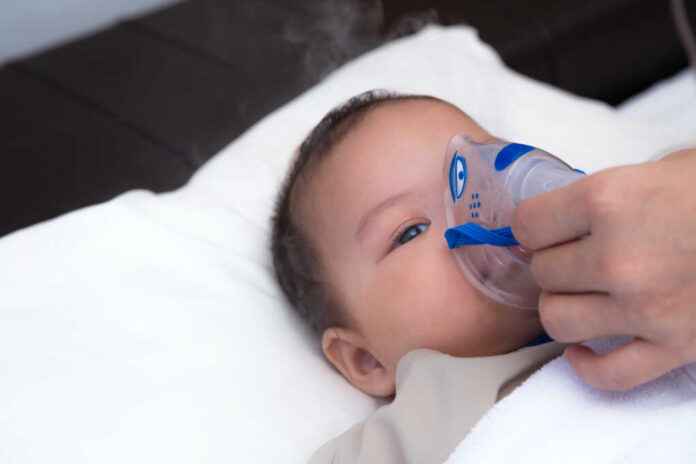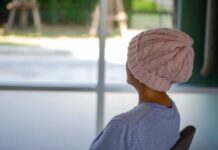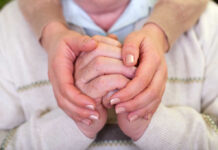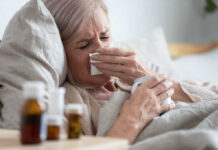
Respiratory Syncytial Virus (RSV) is a common bug that can be particularly dangerous for young children and infants. While most adults can get through RSV with mild cold-like symptoms, children are at a higher risk of developing complications. Experts agree that protecting young kids and babies from RSV should be a priority. In this blog post, we’ll delve into some expert advice on how parents and caregivers can protect their young children from RSV.
What Is RSV?
RSV is a respiratory virus that can cause infections in people of all ages. In the US, it is most active from October through March. RSV can cause cold-like symptoms in healthy adults, including nasal congestion, sneezing, and coughing.
Infants and young children are more likely to develop serious complications from RSV such as bronchiolitis and pneumonia. It’s highly contagious and children often pick it up at daycare from other kids.
The virus spreads through cough and sneeze droplets as well as contaminated surfaces, on which it can live for several hours. Because of how easily it spreads, prevention is one of the most important efforts you could take to protect your child from this virus.
Why It’s Dangerous For Infants
In 2019, RSV was responsible for about 1.4 million hospitalizations for infants around the globe. Most hospitalizations were due to RSV complications such as pneumonia. Babies under 2 months cannot be given fever-reducing medication so they must be taken to the ER anytime they are sick with something like RSV.
The virus poses a particular risk to infants because of their developing immune systems and smaller airways, which are more susceptible to severe respiratory conditions. With numbers like these, it’s clear why RSV is a huge concern for young children.
How To Protect Young Children From RSV
Preventing RSV in young children and infants requires a multifaceted approach focused on hygiene and lowering exposure to those who may be sick. Here are some top tips from experts:
Hand Hygiene
Frequent hand washing with soap and water is crucial in lowering the risk of spreading RSV. Although it’s hard to police small children’s handwashing habits, those who spend time around little ones should wash their hands often to prevent the spread.
Disinfecting
Since the virus can live on surfaces for many hours, it’s imperative to disinfect any toys and high-touch surfaces that kids come in contact with.
No Kissing
It’s a tough rule to enforce, but it’s worth it for the health of your child. Implement a no-kissing policy for relatives and caregivers, as kisses easily transmit RSV.
RSV Vaccine
No RSV vaccine exists for small children, however, pregnant women are now being offered RSV vaccines that can provide them with antibodies that they can pass onto their fetuses before birth. According to the CDC, the RSV vaccine reduces the risk of hospitalization by 57%.
RSV Antibodies
If you were not able to get an RSV vaccine during pregnancy, consider getting your infant an RSV monoclonal antibody shot. This can protect the child from developing severe symptoms from RSV.
While RSV is a common and sometimes inevitable part of childhood, understanding the risks and being vigilant with preventative measures can save you and your child at lot of pain. Practice good hygiene and stay away from people who exhibit respiratory symptoms, especially during RSV season. Consider getting the vaccine while pregnant to protect your child after birth.


















